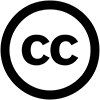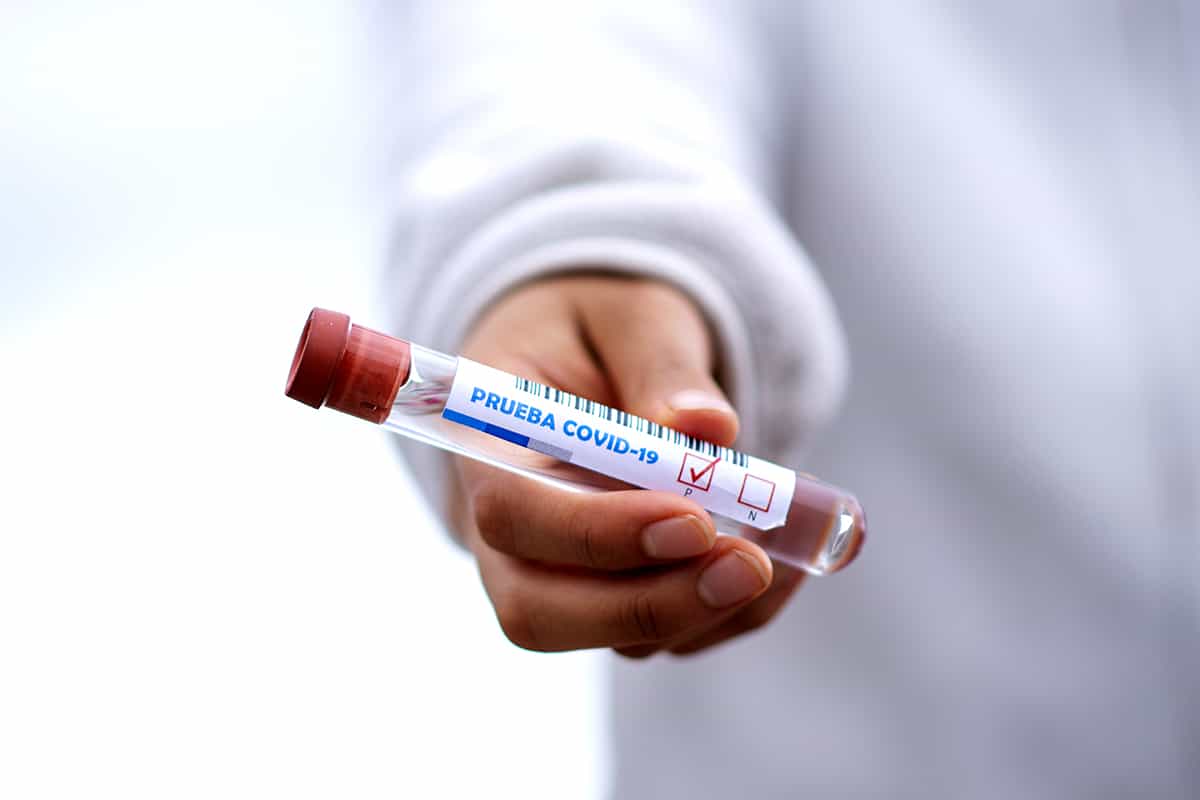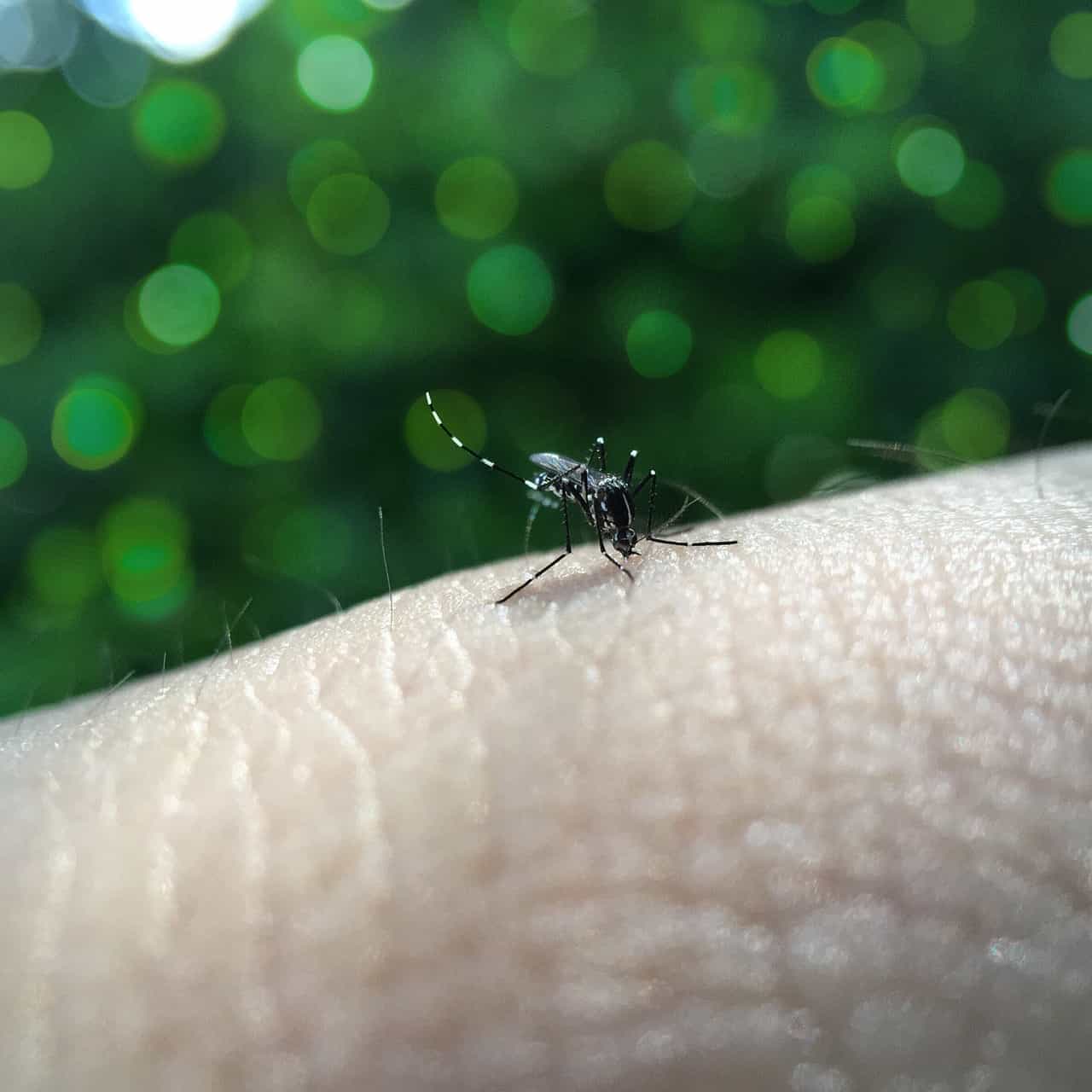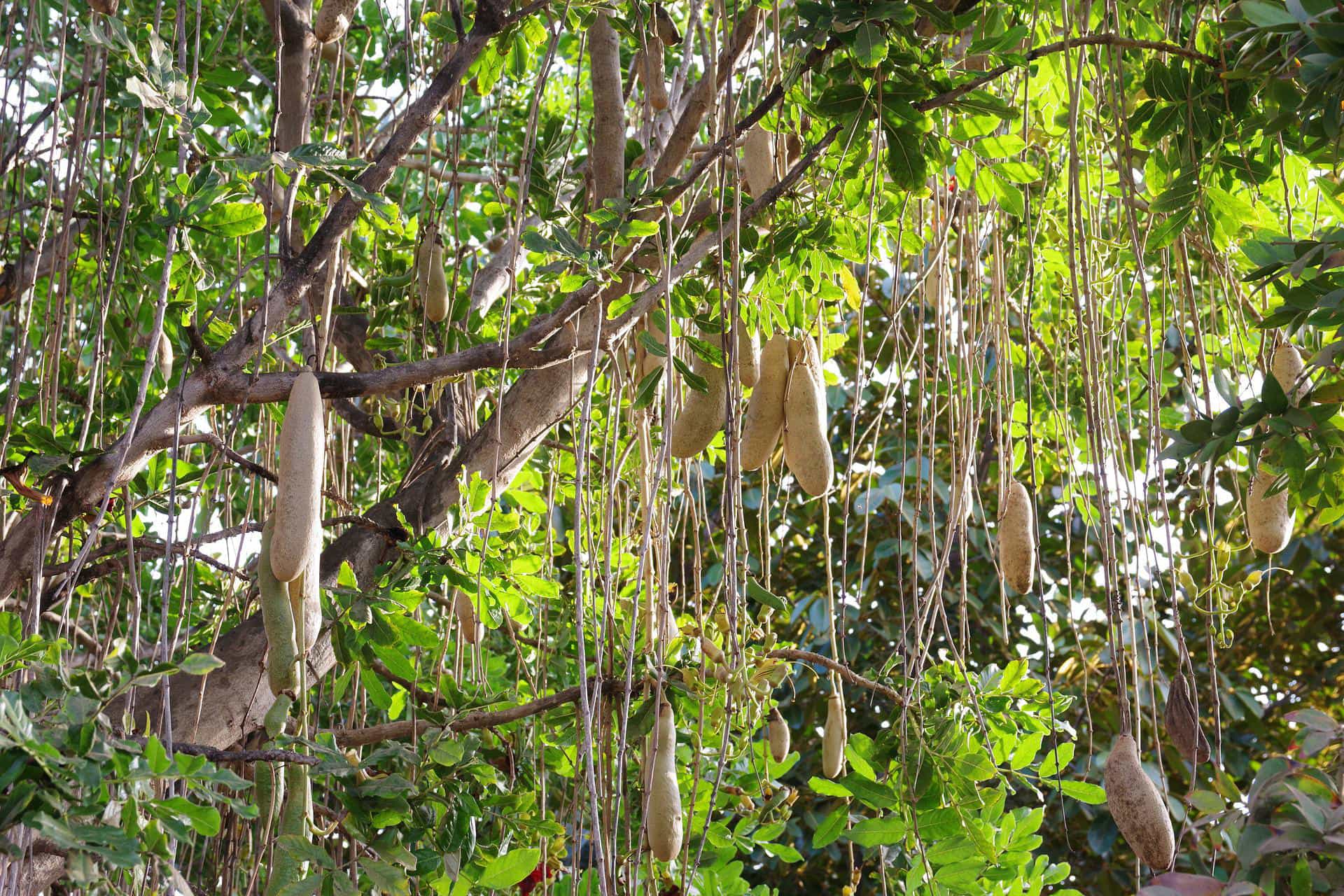What will a fair allocation of a COVID-19 vaccine look like in South Africa?
An efficacious COVID-19 vaccine would undoubtedly be a global public good that, in the context of a pandemic, is urgently and synchronously required by the global community. These unique features make allocation of an approved COVID-19 vaccine challenging both globally and nationally.
There is nothing new about prioritisation of scarce resources in low-income and middle-income countries. In South Africa, there has always been a need to ration scarce resources, ranging from access to basic health care at public clinics to specialised care, such as renal dialysis, organ transplantation, and critical care at tertiary hospitals. With suboptimal vaccine manufacturing capacity in Africa, fair distribution of extremely limited supplies of an efficacious COVID-19 vaccine, once approved for marketing, is likely to pose a procurement challenge. Consequently, not all people will be first in line to receive it.
South Africa has a history of reasonable childhood immunisation coverage, reaching around 82% of children under 5 years before the pandemic.(1) However, a recent Ipsos survey commissioned by the World Economic Forum showed that only 64% of South Africans would accept a COVID-19 vaccine.(2) Although the validity of generalising these findings is unclear, vaccine hesitancy is growing in prominence in Africa. Concerns relating to the safety and efficacy of experimental vaccines are understandable given the widespread publicity of adverse events leading to pauses in COVID-19 vaccines under development. (3.4)
Conceptual attempts at global distribution have been proposed, most notably, the so-called Fair Priority Model, which describes three fundamental values—benefit and minimising harm, prioritising the disadvantaged, and equal moral concern5—and the WHO approach, which recommends that countries receive doses proportional to their population size, ranging from 3–20%. (5.6) However, proportionality might also be considered in relation to burden of disease, raising the ethical challenge of allocating more vaccine to countries who have managed the pandemic poorly compared with those that have implemented strong public health containment measures.
Two major vaccine allocation frameworks that include national allocation criteria are worth mentioning: the WHO Strategic Advisory Group of Experts framework (6) and the National Academies of Science Engineering and Medicine (NASEM) (7) approach. Although considerable thought has been invested in both approaches, the NASEM framework holds greater potential for implementation via a phased approach. The framework underscores the moral legitimacy of priority setting in the context of this pandemic by including principles related to procedural justice (transparency, fairness, and evidence-based justification), which are indispensable in a context of vaccine hesitancy and mistrust in science. Important substantive aspects based on the risk of acquiring and transmitting infection and prevention of morbidity, mortality, and negative societal impacts are central to the framework. In this framework, a stakeholder engagement process is followed and uncertainty regarding efficacy of COVID-19 vaccines in children, pregnant women, older adults, and those who have had natural infection with COVID-19 is flagged. Solidarity and social responsibility are embraced, and countries with vaccine manufacturing capability are expected to provide for their own citizens first, but also allocate a proportion of the supply to other countries.(7)
How would this framework apply to South Africa? As a point of departure, if supplies are extremely scarce, such as in the scenario where only 3% of the population has access to a COVID-19 vaccine, those who have already acquired natural infection and those with humoral antibodies would not be first in line for vaccination. Studies in antenatal and HIV clinics in South Africa show that around 40% of those tested have antibodies. (8) In a scenario of extreme scarcity, those who decline immunization would self-exclude.

Preferably, all frontline workers ought to be prioritised for vaccination but, if rationing within this subgroup is required, health-care workers at the highest risk and other vulnerable, high-risk frontline workers in essential services would be prioritised. All other citizens with comorbidities placing them at increased risk of severe disease or death would be next in line, followed by those with other co-morbidities, especially those who live in crowded circumstances in low-income informal settlements and institutional settings. In South Africa, the immunological impact of the vaccine on HIV and tuberculosis would need to be explored further. (9) Although people older than 65 years constitute a high- risk group, in South Africa they account for around 5% of the population. Multigenerational households are culturally embedded in South African society and account for a third of all households,10 which would require consideration in allocation frameworks.
We recommend that allocation frameworks for determining eligibility for efficacious COVID-19 vaccines in the first instance should focus on risk, with the caveat that this might change as vaccine supplies change globally. Given the paucity of evidence on immunological responses to COVID-19 in the South African setting, guidelines could warrant revision and adjustment in subsequent weeks. Rationing processes should be fair and based on transparent, consistent criteria that can be subjected to objective scrutiny with the goal of ensuring accountability, equity, and fairness.
We declare no competing interests.
 Copyright © 2020 The Author(s). Published by Elsevier Ltd. This is an Open Access article under the CC BY-NC-ND 4.0 license.
Copyright © 2020 The Author(s). Published by Elsevier Ltd. This is an Open Access article under the CC BY-NC-ND 4.0 license.
*Keymanthri Moodley, Theresa Rossouw
km@sun.ac.za
Centre for Medical Ethics and Law, Department of Medicine, Faculty of Medicine and Health Sciences, Stellenbosch University, Cape Town 8000, South Africa (KM); and Department of Immunology, School of Medicine, Faculty of Health Sciences, University of Pretoria, Pretoria, South Africa (TR)
1 Baleta A. Dramatic drop in SA’s immunisation rates. June 24, 2020. Spotlight. https://www.spotlightnsp.co.za/2020/06/24/dramatic-drop-in- sas-immunisation-rates (accessed Oct 16, 2020).
2 Baleta A. What we know about vaccine hesitancy in South Africa.
Oct 7, 2020. Spotlight. https://www.spotlightnsp.co.za/2020/10/07/what- we-know-about-vaccine-hesitancy-in-south-africa/ (accessed Oct 16, 2020).
3 Phillips N, Cyranoski D, Mallapaty S. A leading coronavirus vaccine trial is on hold: scientists react. Sept 9, 2020. Nature. https://www.nature.com/ articles/d41586-020-02594-w (accessed Oct 26, 2020).
4 Johnson & Johnson. Johnson & Johnson temporarily pauses all dosing in our Janssen COVID-19 vaccine candidate clinical trials. October 12, 2020. https://www.jnj.com/our-company/johnson-johnson-temporarily-pauses- all-dosing-in-our-janssen-covid-19-vaccine-candidate-clinical-trials (accessed Oct 18, 2020).
5 Emanuel EJ, Persad G, Kern A, et al. An ethical framework for global vaccine allocation. Science 2020; 369: 1309–12.
6 WHO. WHO SAGE values framework for the allocation and prioritization of COVID-19 vaccination Sept 14, 2020. https://apps.who.int/iris/ handle/10665/334299 (accessed Oct 26, 2020).
7 The National Academies of Sciences, Engineering, and Medicine.
A framework for equitable allocation of vaccine for the novel coronavirus. https://www.nationalacademies.org/our-work/a-framework-for-equitable- allocation-of-vaccine-for-the-novel-coronavirus (accessed Oct 19, 2020).
8 National Institute for Communicable Diseases. COVID-19 special public health surveillance bulletin. Sept 18, 2020 https://www.nicd.ac.za/wp- content/uploads/2020/09/COVID-19-Special-Public-Health-Surveillance- Bulletin_Issue-5.pdf (accessed Oct 17, 2020).
9 Boulle A, Davies MA, Hussey H, et al. Risk factors for COVID-19 death in a population cohort study from the Western Cape Province, South Africa. Clin Infect Dis 2020; published online Aug 29. https://doi.org/10.1093/cid/ ciaa1198.
10 Statistics South Africa. Grandparenthood in the context of ageing in South Africa. Pretoria: Statistics South Africa, 2018.








